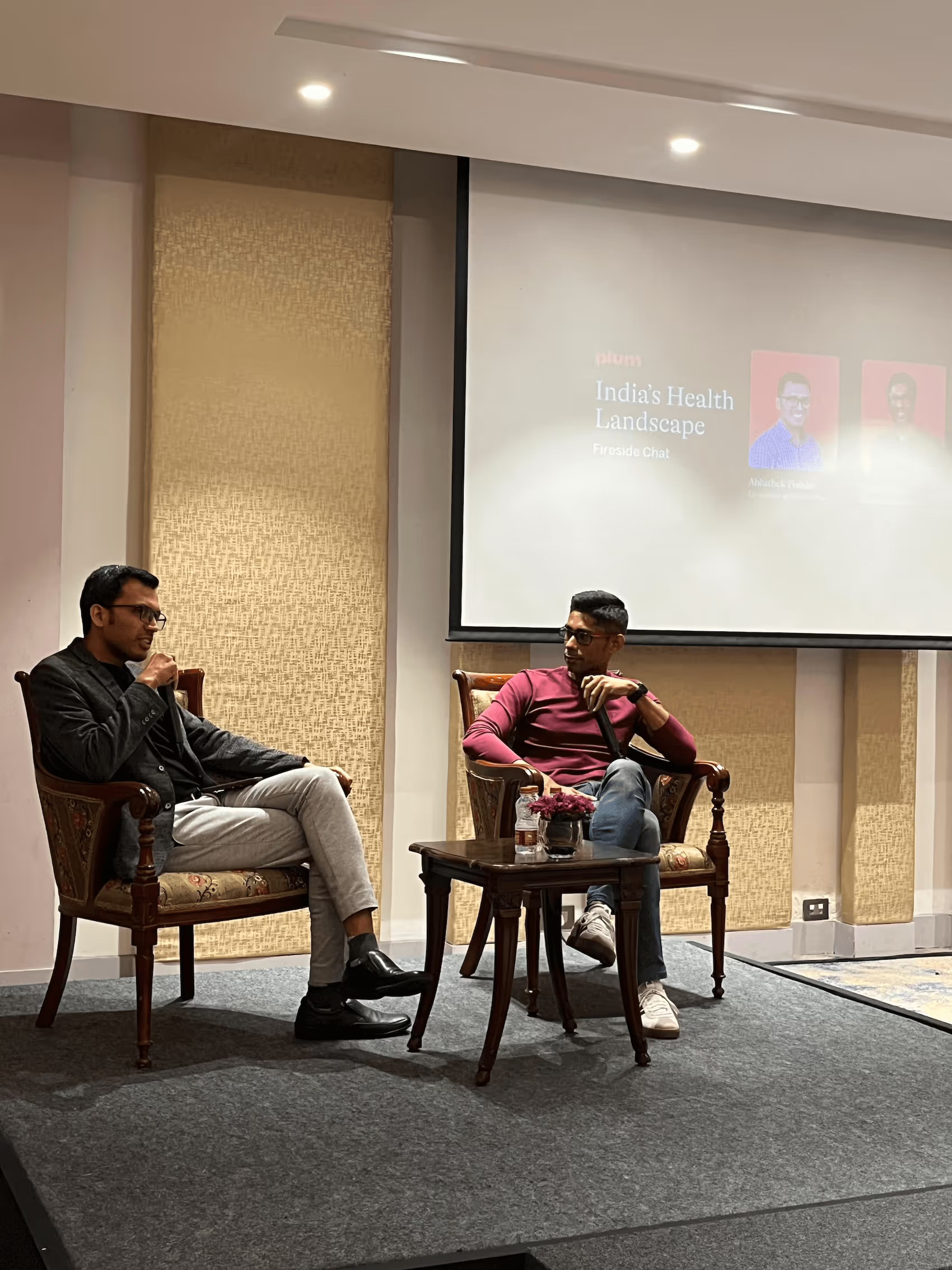If recent trends are anything to go by, more people prefer working remotely than returning to office (RTO). Here is proof:
- Fifty-seven per cent of Indian workers have the strongest preference for full-time remote work compared with the global average of 37%, according to a study commissioned by software firm Atlassian and conducted by PaperGiant - source.
- Remote work is here to linger and IT services and global capability centres (GCCs) are early adopters of the hybrid model of work, according to a ‘NASSCOM Return to Workplace Survey’. However, employees seem unhappy.
While many companies - globally and in India - are deferring Return to Office (RTO) plans due to the new Covid-19 variant Omicron, is this time to question the way we work and also an opportunity to set the right boundaries?
According to Behaviour Architect, Biju Dominic, Chairman and co-founder of FinalMile Consulting, “We have to think about why people prefer remote work- looking deeper, they aspire for the flexibility it creates.” He also adds, ‘humans are social beings and cannot work in silos’. Even as a hunter-gatherer, man worked in groups and it was only in the agrarian era that the concept of an office/ workplace emerged. He states how the following facts about work have changed for good:
- The concept of 9:00 a.m. to 5:00 p.m. work is now dead; people have to be empowered with determining their own work schedules.
- Office as a concept cannot be rigid; organisations have to be more flexible and foster more social bonds.
- The definition of 'hybrid' is not about physical infrastructure; it is more about collaboration and creating an emotional connection and loyalty for the organisation.
That said, it is obvious that we will have to return to the workplace sooner than later. The good news is that organisations are listening and planning. They are devising ways to ensure flexibility, foster social bonds and make the office attractive - and of course, also paying utmost attention to safety and healthcare. Let us see how.
Defining Hybrid-work first
There are many factors that determine how and where hybrid can work and it is important, therefore, to define what hybrid can mean.
It could have the following definitions:
- Certain people coming into office everyday and others working from home every single day (depending on their functions)
- Everyone comes into the office three days a week and then works from home twice a week. Employees have the flexibility of picking these days.
Further, the stage and sector of the company matters too. For an early stage startup, it cannot be fully remote. A manufacturing company on the other hand, cannot even go hybrid, hence hybrid work too will have various forms and in 2022, we might see new terminologies for the subcategories of hybrid work.
Says Abhishek Poddar, co-founder and CEO of Plum, "the learning for us is that the mental barrier of work being office-only has shifted. Customers, partners and investors are willing to take critical decisions over a zoom call and for an insurance business that is a huge leap forward. However, it is equally important in a young and early-stage startup, that the team meets in person and for that, we have to make the office more inviting and exciting.” The company plans to follow option 2 and have employees in the office at least thrice a week.
Decentralised decision-making
For someone who has worked remotely for over ten years, Praval Singh, VP Marketing at Zoho believes that hybrid work is extremely important. Bringing in people together creates a huge impact, even if that is once a week. Praval says, “office creates an osmosis that is hard to document.” While he is not an advocate of returning to work 5 days a week, he proposes the following:
- Hiring in person - especially to determine a culture fit/ people in a hybrid setup should be able to take up more ownership.
- Anticipating for miscommunication and working around it (especially between those in office and those who WFH).
- Building an atmosphere of trust and decentralised decision making - enabling more people to make decisions and not restricting that to heads only - trust should be default and decision-making should be built grounds up.
Fostering more collaboration
Hiver, with over 100 employees, is planning to go hybrid by RTO thrice a week. Though, as per company estimates, they believe this transition will only be possible by the second quarter of 2022. Until then, teams have been slowly trickling into the office (engineering, product and marketing) and some teams are also taking ‘workations’ together. Hiver is currently going through an office revamp and will have a lot more cabins, cubicles and huddle spaces going forward.
The company will also encourage freshers to work out of office and have senior team members come in to train them. Says Sunetra B, Head of People, 'during the past 1.5 years the HR team has been calling new employees at least twice a week to understand their concerns, we want to make our new employees comfortable and also understand the culture at Hiver. This is a practice we will continue even when people come in thrice a week.'
Enabling flexibility through technology
According to Sashi Kumar, Head of Sales, Indeed India, 'as businesses resume operations, there is a greater need for replicating offline working models to virtual. Hence, a seamless technology experience will remain a focus for most businesses that will ensure smooth functioning as companies adopt new work models. There is also a greater focus on upskilling and reskilling talent and hence companies will look for the deployment of tech to meet the new learning demands.'
Businesses are also strategically adopting technological innovations to attract the right skill set and increase efficiency; as per an Indeed report 1 in 2 employers hired only virtually in the pandemic. Work flexibility has always been something that has been important to employees, we were seeing this trend long before the pandemic - but this is especially true now. In this new age of work we are in, companies that value flexibility and show empathy for their employees will attract and retain talent.
As we researched this story and spoke to many employees, founders and CHROs, we learned that RTO will look very different for different industries and there is no one size fits all solution. Further, it may not even happen as we expect it to, as the pandemic is not over yet.
As a founder/ CHRO, how are you planning RTO? Do share with us and we will update this story.
Early-stage founder? Check out Plum Lite – a health benefits product for small teams, starting at ₹85.
Enjoyed this? You'll also like reading about Founders and Coffee Culture and How Remote Work has changed Employee Benefits.
.avif)










.avif)














